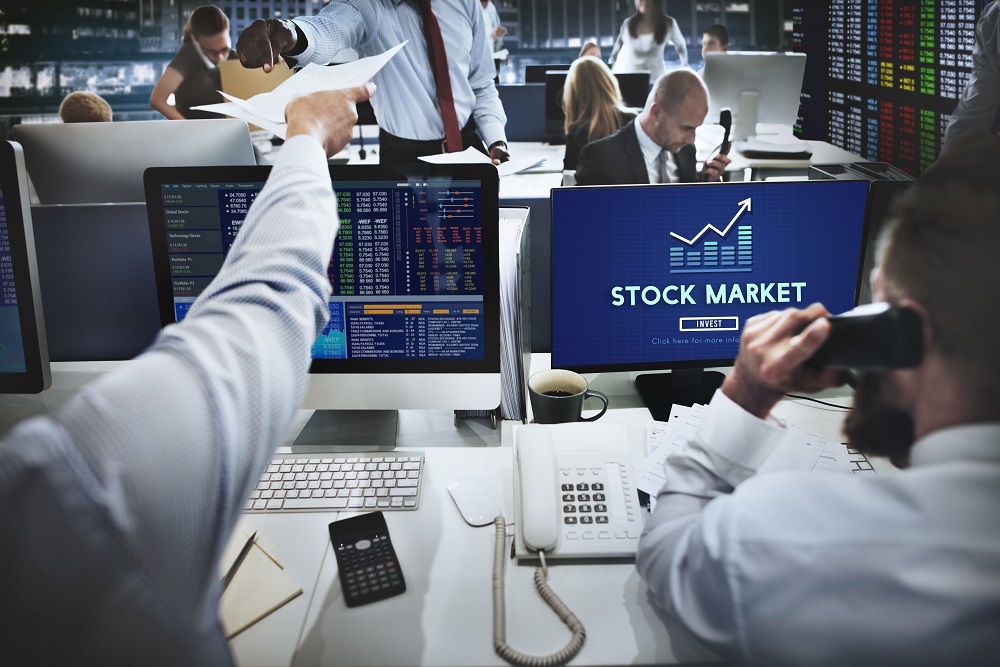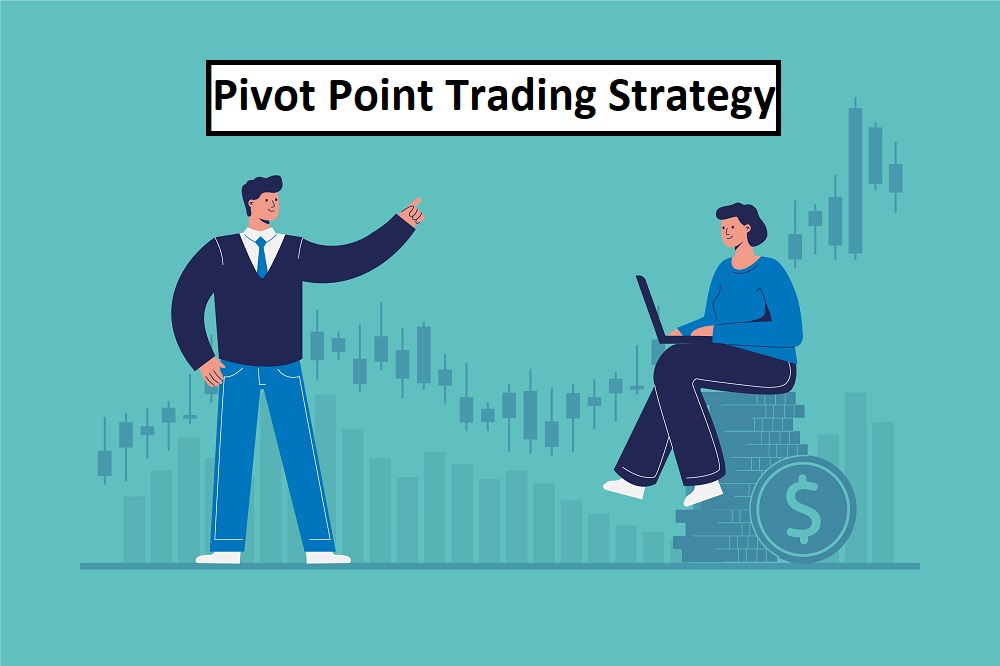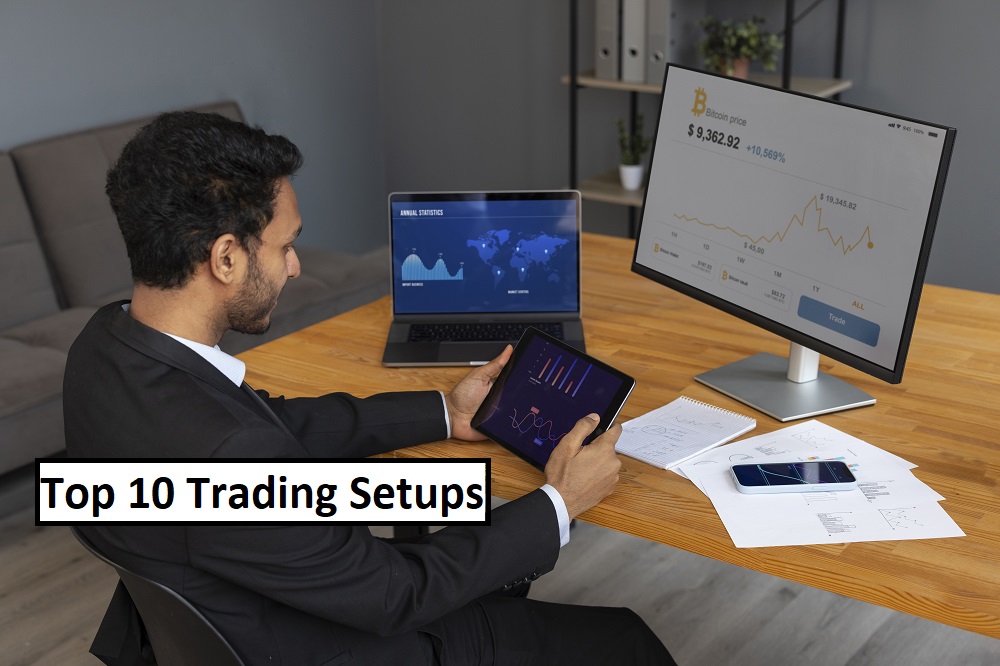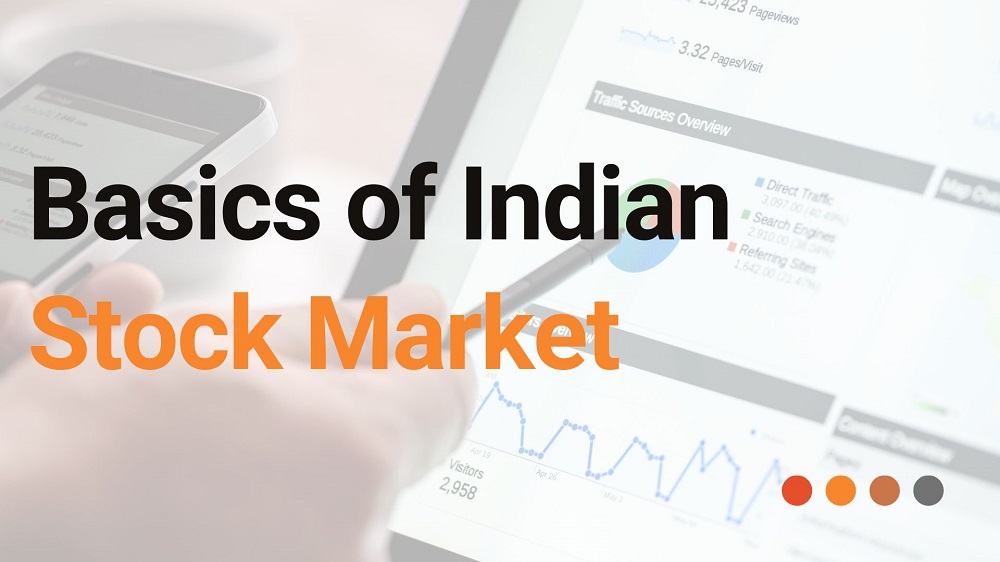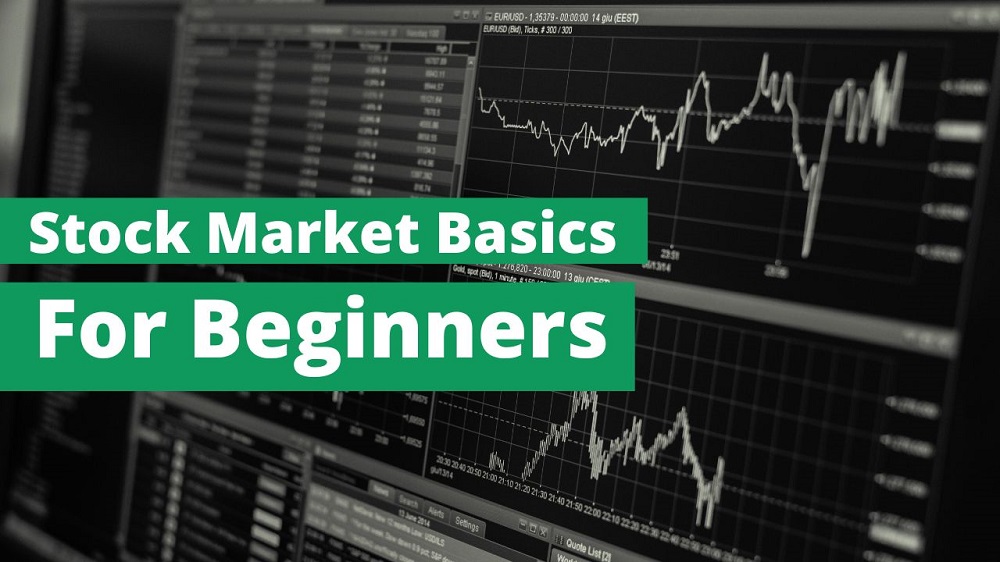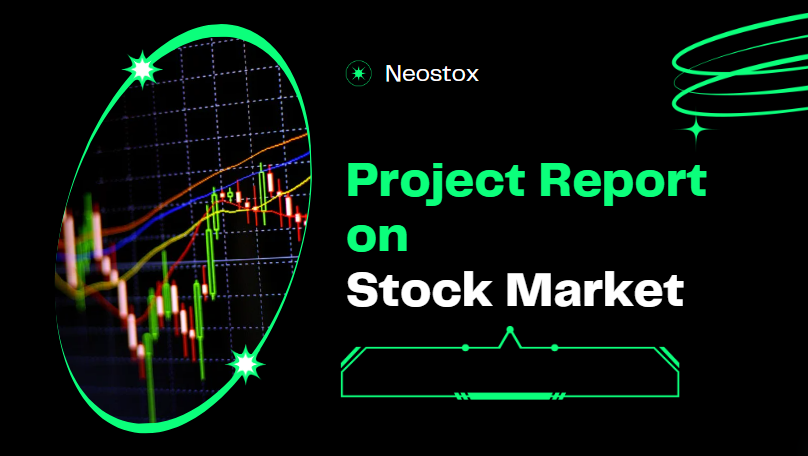In today’s fast-moving world, where information flies around and markets change quickly, knowing about the real trade is super important. We’ll dive into what true value means in modern markets, why it’s essential, and how to figure it out. Let’s explore this topic together to uncover the secrets of the real trade.
What is the Real Trade?
Let’s start by understanding what the real trade is all about. The real trade is when people exchange things like goods, services, or money based on their real worth, rather than just following trends or guesses about what something might be worth.
Understanding True Value
True value means looking beyond the surface and seeing what something is really worth. It’s about figuring out how useful something is, how rare it is, and how much people want it.
When we talk about usefulness, we’re talking about how helpful or satisfying something is. If something fulfills a basic need or offers something unique, it’s more valuable.
Scarcity is also important. If something is rare or hard to find, it’s seen as more valuable. Think about gold or diamonds—they’re not super useful, but because they’re rare, they’re valuable.
Demand matters too. If lots of people want something and there’s not much of it around, its value goes up. Understanding what people want helps us figure out how valuable something is.
Factors Influencing True Value
Lots of things can affect how valuable something is. Here are some of the big ones:
- Economic Stuff: Things like inflation (when prices go up), interest rates, and how much money is flowing around can all change how much something is worth. For example, when prices go up, people might invest in things like houses or gold because they’ll always have some value.
- New Technology: When cool new technology comes along, it can change what things are worth. Think about how things like smartphones or the internet changed the way we live and do business.
- Rules and Regulations: Government rules and laws can also affect value. For example, if the government makes strict rules about pollution, it might cost companies more to do business, which can change how much their stuff is worth.
- How People Feel: Sometimes, what people think or feel can change how valuable something is. If everyone’s feeling good about the economy, they might be willing to pay more for things, even if they’re not actually worth more.
- Big Events: Stuff happening around the world, like wars or natural disasters, can shake things up in the markets. For example, if there’s a big storm that damages oil refineries, oil prices might go up, which affects the value of everything connected to oil.
Why True Value Matters
Knowing the true value of things helps us make smart decisions about buying and selling. It keeps us from making mistakes based on short-term trends and helps us invest in things that will last.
Understanding true value also helps keep the economy stable and growing. When we focus on what things are really worth, we use resources better and encourage innovation and hard work. This builds trust in the economy, which is super important for keeping things going smoothly.
Exploring True Value Further
Now that we’ve laid the groundwork, let’s delve deeper into understanding true value and its implications in modern markets.
The Essence of True Value
True value isn’t just about the price tag or what someone is willing to pay at a particular moment. It’s about the underlying qualities and attributes that make something worthwhile. These qualities can vary depending on the context but often include factors like quality, durability, and sustainability.
For example, when you buy a car, true value goes beyond its initial cost. It includes considerations like fuel efficiency, reliability, and resale value. Similarly, when investing in a company, true value encompasses more than just its current stock price. It involves analyzing its financial health, market position, and growth potential.
The Role of Information
In today’s digital age, information is abundant and easily accessible. Understanding how to sift through this sea of information to uncover valuable insights is crucial for determining true value in markets.
Access to accurate and timely information allows investors to make informed decisions based on facts rather than speculation. Whether it’s financial reports, market trends, or industry news, staying informed empowers individuals to assess true value more accurately.
Moreover, advancements in technology, such as artificial intelligence and big data analytics, have revolutionized the way we analyze information. These tools can crunch vast amounts of data in seconds, providing valuable insights into market dynamics and asset valuation.
The Importance of Analysis
Analyzing true value requires a combination of qualitative and quantitative approaches. Qualitative analysis involves assessing subjective factors such as brand reputation, customer satisfaction, and management competence. On the other hand, quantitative analysis focuses on objective metrics like financial ratios, growth rates, and market multiples.
By combining these approaches, investors can develop a more comprehensive understanding of true value and make more informed decisions. For example, when evaluating a stock, investors may consider both the company’s competitive position and its financial performance to determine whether it’s undervalued or overvalued.
Avoiding Pitfalls
While understanding true value is essential, it’s also important to be aware of common pitfalls that can lead to misjudgments. One common mistake is relying too heavily on short-term performance metrics or market sentiment. True value often takes time to manifest and may not be reflected in short-term fluctuations.
Another pitfall is succumbing to cognitive biases, such as anchoring or confirmation bias, which can cloud judgment and lead to irrational decision-making. By staying disciplined and objective, investors can mitigate these biases and make more rational choices.
Conclusion: Embracing the Real Trade
In conclusion, the real trade is about more than just buying and selling—it’s about understanding and appreciating the true value of assets and investments. By focusing on fundamentals, staying informed, and avoiding common pitfalls, investors can navigate modern markets more effectively and build wealth over the long term.
Also Read:
- Pivot Point Trading StrategyThe pivot point trading strategy is a popular technique used by traders in financial markets to identify potential support and resistance levels. These levels are critical in determining where the price of an asset might change direction. This strategy is
- Top 10 Trading SetupsIn the trading world, having a clear plan or setup is very important. A trading setup is a specific combination of market conditions and technical indicators that guide traders on when to buy or sell. In this detailed guide, we
- Boost Your Profits with Option Trading AdvisoryAre you eager to boost your trading profits while keeping risks in check? Then, Neostox Option Trading Advisory is your go-to solution. It’s a top-notch platform designed to give traders the tools and insights they need to thrive in the
- The Real Trade: True Value in Modern MarketsIn today’s fast-moving world, where information flies around and markets change quickly, knowing about the real trade is super important. We’ll dive into what true value means in modern markets, why it’s essential, and how to figure it out. Let’s
Frequently Asked Questions
What is the real trade?
The real trade is about exchanging things based on their true worth, not just what someone thinks they’re worth. It’s like knowing the actual value of a car before buying it.
Why does true value matter?
Knowing true value helps us make smart decisions about buying and selling, avoiding mistakes and building wealth for the future. It’s like understanding the real quality of a product before investing in it.
How do you determine true value?
True value comes from understanding how useful something is, how rare it is, and how much people want it. It’s like figuring out why a rare painting is valuable to collectors.
What factors influence true value?
Economic conditions, technology, regulations, market sentiment, and global events can all affect true value. It’s like knowing that a storm affecting oil production can change the price of gas.
Why is information important in the real trade?
Access to accurate information helps us make informed decisions and avoid speculation. It’s like knowing the weather forecast before planning a trip.
What role does analysis play in determining true value?
Analysis helps us assess both qualitative and quantitative factors to understand true value better. It’s like looking at both the quality and price of a product before deciding to buy it.
How can I avoid pitfalls in assessing true value?
Stay disciplined, avoid short-term thinking, and be aware of cognitive biases like anchoring and confirmation bias. It’s like being careful not to judge a book by its cover.
Why should I focus on true value instead of short-term trends?
True value lasts longer and helps build sustainable wealth, while short-term trends can be unpredictable and risky. It’s like saving money for the future instead of spending it all now.
What is the importance of trust in the real trade?
Trust builds confidence in the market and encourages investment, fostering long-term economic stability and growth. It’s like knowing you can rely on a friend to keep their promises.
How can I harness the power of the real trade for success?
Embrace the real trade by focusing on fundamentals, staying informed, and making rational decisions for long-term success. It’s like building a strong foundation for a house before decorating it.
